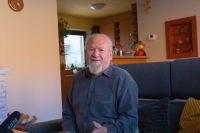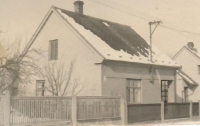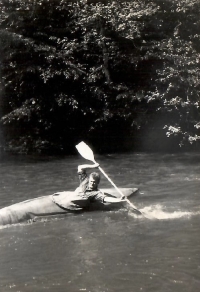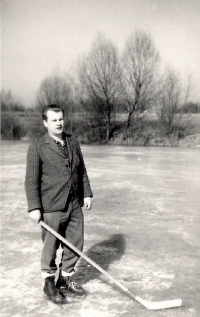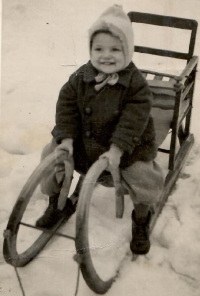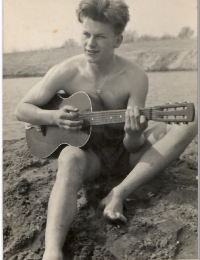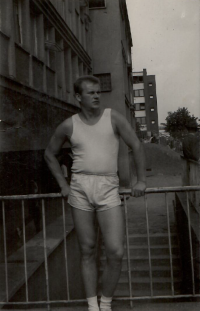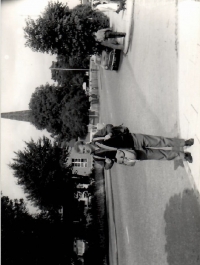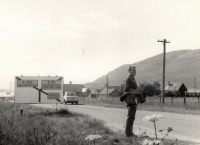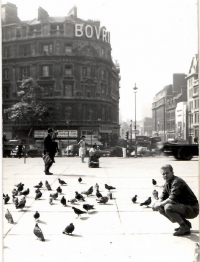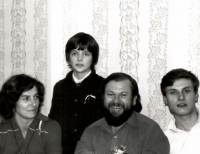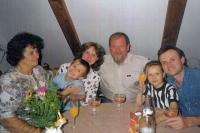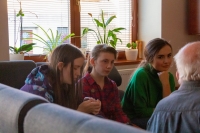The desire was so great that we did it
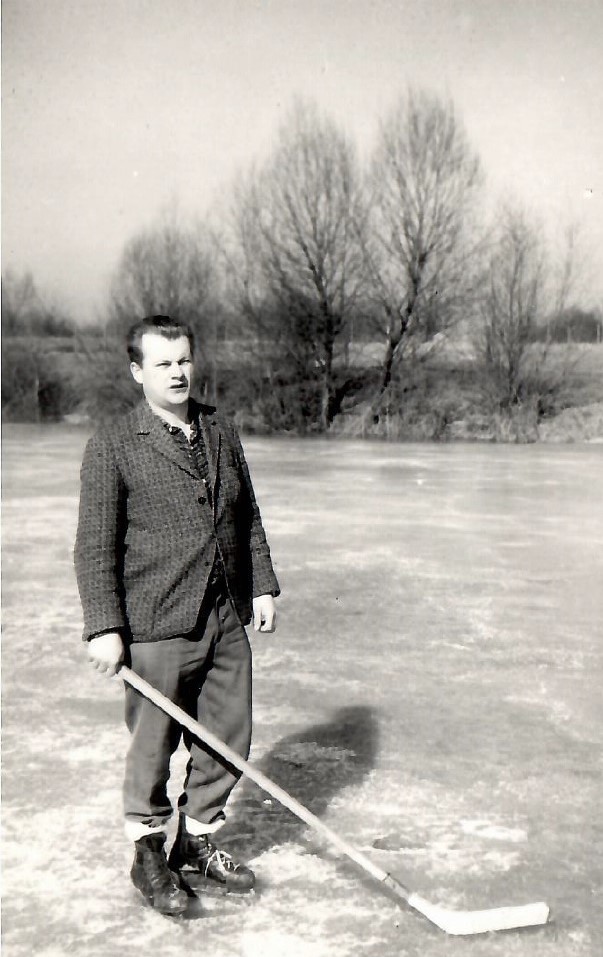
Stáhnout obrázek
Pavel Taich was born on December 30, 1938 in Přelouč into a religious family. He had two brothers, but the younger brother tragically died at the age of four. He went to school in Přelouč and wanted to study at the secondary technical school in Pardubice, but the communist regime did not allow him to do so. So he started an apprenticeship at Tesla, where he also stayed as a worker. He then joined the military, where he thrived until his superiors heard of his views on the regime. After returning from the military service, he was not approved to join Tesla as a technician because he condemned the occupation by the Warsaw Pact troops, so he left for another job, where he continued to study electrical engineering, which he studied at an evening secondary industrial school. He was an avid Boy Scout, a member of Sokol, organist, boater and Christian throughout his life. Thanks to his faith, he established connections with foreign countries, where he travelled several times during the 1960s. Now (2021) he lives in his native house in Přelouč, teaches English and plays the organ every Sunday.
